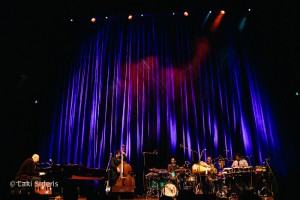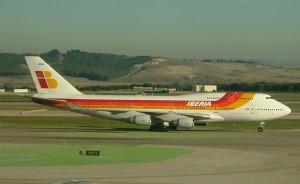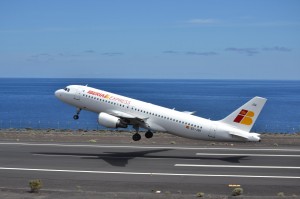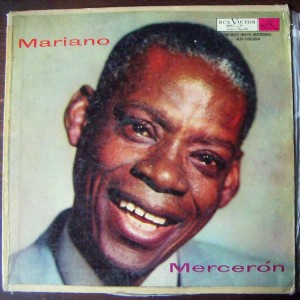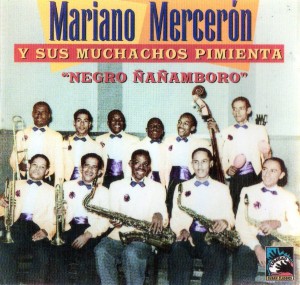GASTON Howard ALLEN Binhan, musician, bandleader, composer.
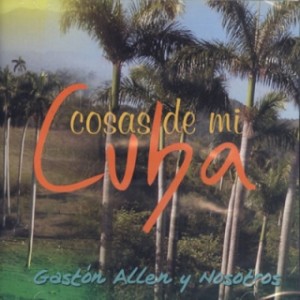 Gaston Allen is a trumpeter, arranger, composer and conductor, was born in Havana on October 13, 1949; when she was four years old, his family moved to Holguin.
Gaston Allen is a trumpeter, arranger, composer and conductor, was born in Havana on October 13, 1949; when she was four years old, his family moved to Holguin.
In January 1964 he began studying music at the “José María Ochoa” Academy of the city of Holguin. In August of that same year its first steps with trumpet on the set of East Soneros Aramis Driggs.
In 1967 he joined the group The Cankas Luis Mariano Aviles Cancañón. From 1973 to 1977 assumed the leadership of the group and orchestration.
In December 1977 he joined the Orchestra Avilés and since 1981-1993 was director and orchestrator of it.
https://youtu.be/xQVOq_MBtvM
In 1993 he began working with The Exile group of Las Tunas. In 1994 he was appointed director of the group, with which he made several tours to Japan, Spain and Mexico. In 1998 he returned to Havana and began working in the tourist resort of Guardalavaca in the NBL and Cohiba groups.
In 2000 he traveled to Canada, he worked there with several Latino groups, jazz bands and R & B.
In 2002 he returned to Cuba and worked on the “Fishing” hotel in Aguas Caribbean group.
In 2004 he was recalled to lead the Orchestra and also Avilés We septet. In 2009 he finished a recording with the orchestra of a disc with eleven titles orchestrated by him.
In 1985 he was appointed Vice President of Technical Arts Council Music Center Holguin and member of the National Assessment of Musicians. In 1994 he was elected chairman of the Technical Council of the Arts Las Tunas province. In 2003 he served as professor of harmony at the School of Art Instructors and at the Pedagogical Institute of Holguin.
Later he was also professor of trumpet at the Art School of Holguin. Since 2006 he was appointed president of the Provincial Council Art Technical Center Music Holguin.
Agencies / Wiki/ Various / InternetPhotos / YouTube / TheCubanHistory.com
The Cuban History, Hollywood.
Arnoldo Varona, Editor.
Gastón Howard Allen Binhan, músico, director, compositor.
Gastón Allen es un trompetista, arreglista, compositor y director de orquesta, nació en Ciudad de La Habana el 13 de octubre de 1949; cuando tenía cuatro años de edad, su familia se trasladó hacia Holguín.
En enero de 1964 comenzó sus estudios de música en la Academia “José María Ochoa” de la ciudad de Holguín. En agosto de ese mismo año da sus primeros pasos con la trompeta en el conjunto Soneros de Oriente de Aramis Driggs.
En el 1967 pasó a integrar el grupo Los Cankas de Luis Mariano Cancañón Avilés. Desde 1973 hasta 1977 asume la dirección y orquestación del grupo.
En diciembre de 1977 ingresó a la Orquesta Avilés y desde el año 1981 hasta 1993 fue director y orquestador de la misma.
En 1993 pasó a trabajar con el grupo Los Surik de Las Tunas. En 1994 fue designado director del grupo, con el que realizó varias giras a Japón, España y México. En 1998 regresó a Holguín y comenzó a trabajar en el polo turístico de Guardalavaca en los grupos NBL y Cohíba.
https://youtu.be/xQVOq_MBtvM
En el 2000 viajo a Canadá, allá trabajó con varias agrupaciones latinas, bandas de jazz y R&B.
En 2002 regresó a Cuba y trabajó en el hotel “Pesquero” con el grupo Aguas del Caribe.
En 2004 fue llamado de nuevo a dirigir la Orquesta Avilés y además el septeto Nosotros. En 2009 terminó una grabación con la dicha orquesta de un disco con once títulos orquestados por él.
En 1985 fue designado Vicepresidente del Consejo Técnico Artístico del Centro de la Música de Holguín y miembro de la Comisión Nacional de Evaluación de Músicos. En 1994 fue elegido presidente del Consejo Técnico Artístico de la provincia Las Tunas.
En 2003 se desempeñó como profesor de armonía en la Escuela de Instructores de Arte y en el Instituto Superior Pedagógico de Holguín. Más adelante también fue profesor de trompeta en la Escuela Vocacional de Arte de Holguín. Desde 2006 es designado presidente del Consejo Técnico Artístico del Centro Provincial de la Música de Holguín.
Wikipedia/InternetPhotos/TheCubanHistory.com
The Cuban History, Hollywood.
Arnoldo Varona, Editor.



